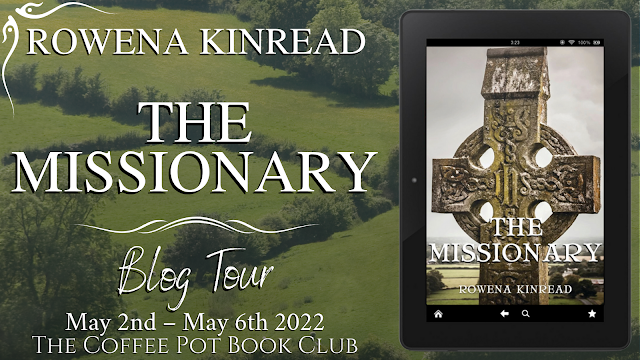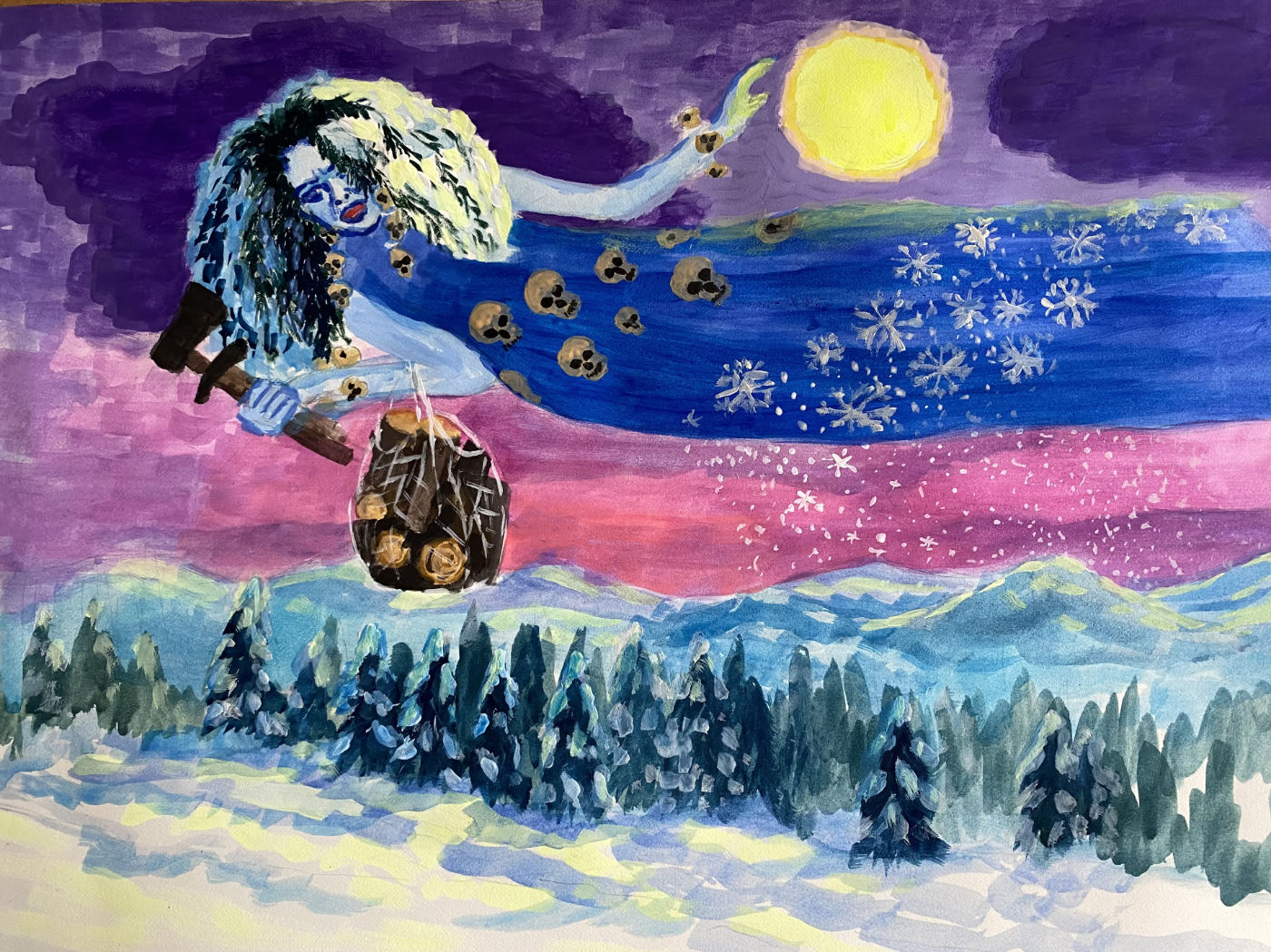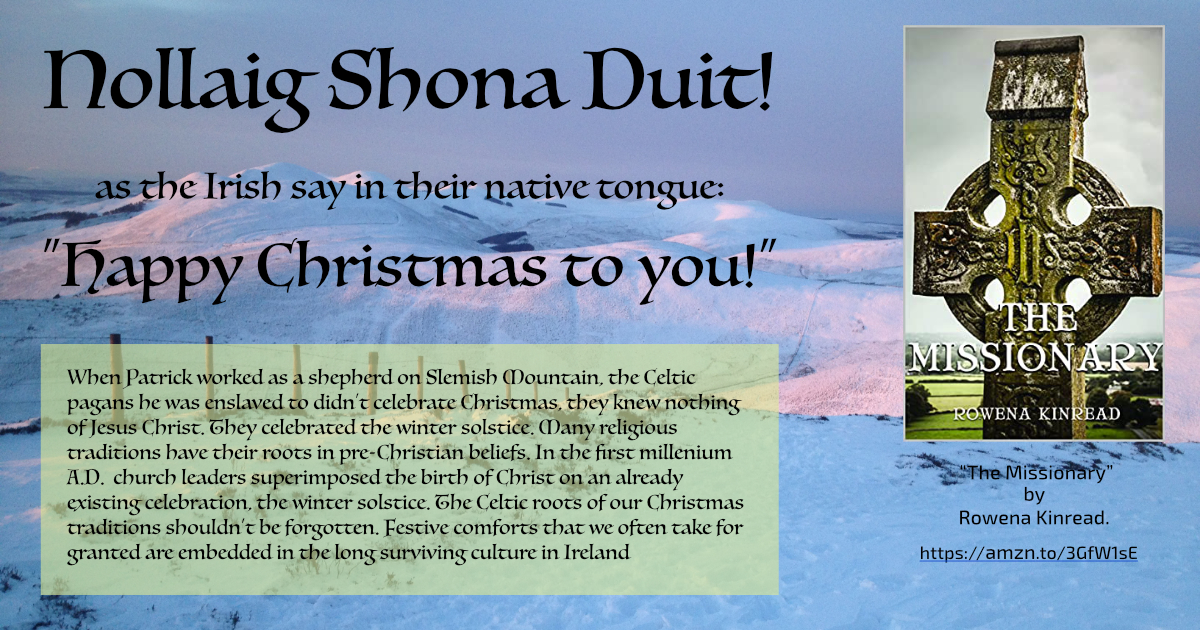
Coffee Pot Book club Blog Tour
May 2nd
The Coffee Pot Book Club
https://maryanneyarde.blogspot.com/
Deborah Swift’s Official Blog
https://deborahswift.com/blog/
Gwendalyn’s Books
https://gwendalynbooks.wordpress.com/
The Whispering Bookworm
https://thewhisperingbookworm.blogspot.com/
May 3rd
Wendy J. Dunn’s Official Blog
https://www.wendyjdunn.com/blog/
Let Your Words Shine…
https://maryannbernal.blogspot.com/
B for Bookreview
https://bforbookreview.wordpress.com/
Oh look, another book!
https://ohlookanotherbook.blogspot.com/
May 4th
The Writing Desk
https://tonyriches.blogspot.com/
A Thousand Suns
https://likeathousandlives.blogspot.com/
The Historical Fiction Company
https://www.thehistoricalfictioncompany.com/hist-fic-chickie-blog
The Book Bandit’s Library
https://yourbooksoryourlife.blogspot.com/
May 5th
The Historical Fiction Blog
https://mercedesrochelle.com/fiction/
Brook’s Journal
https://www.brookallenauthor.com/blog
CelticLady’s Reviews
https://celticladysreviews.blogspot.com/
Judith Arnopp’s Official Blog
http://juditharnoppnovelist.blogspot.com/
May 6th
Let Us Talk of Many Things
https://ofhistoryandkings.blogspot.com/
When Angels Fly
https://whenangelsfly.net/
I got lost in a book
https://igotlostinabook2.blogspot.com/
Linnea Tanner’s Official Blog
https://www.linneatanner.com/blog
The tour schedule official page:
https://maryanneyarde.blogspot.com/2022/03/blog-tour-missionary-by-rowena-kinread.html

CAILLEACH, the weather goddess, AND IMBOLC
In Gaelic mythology, Cailleach is a divine hag and ancestor, associated with the creation of the landscape and with the weather, especially storms and winter. In modern Scottish folklore studies, she is also known as Beira, Queen of Winter. The word literally means 'old woman, hag'.
Imbolc, 1 February, is the day the Cailleach gathers her firewood for the rest of the winter. Legend has it that if she intends to make the winter last a good while longer, she will make sure the weather on 1 February is bright and sunny, so she can gather plenty of firewood to keep herself warm in the coming months. As a result, people are generally relieved if Imbolc is a day of foul weather, as it means the Cailleach is asleep, will soon run out of firewood, and therefore winter is almost over.
Excerpt from “The Missionary.”
The next day dawned bright and dry. Daithi was gloomy.
“What’s up, have you got toothache? I thought you were looking forward to today.”
“Aye, but just look at the weather!”
“But the weather’s fine!”
“Aye, exactly!”
“Huh?”
“It’s Imbolc! Cailleach gathers her firewood today for the rest of the winter. If the weather’s bright and sunny, it’s because the winter’s going to last a good while longer, and she wants to make sure she can gather plenty of firewood. If the weather’s foul, then Cailleach is asleep and winter’s almost over.”
“Who’s Cailleach?”
“The weather Goddess! So we’re in for a long winter. That’s no good for the lambs.”
 julia strittmatter - www.juliastrittmatter.com
julia strittmatter - www.juliastrittmatter.com
as the Irish say in their native tongue:
“Happy Christmas to you!”
When Patrick worked as a shepherd on Slemish Mountain, the Celtic pagans he was enslaved to, didn’t celebrate Christmas. They had many gods, not just One. They celebrated the winter solstice which marks the time when the sun has reached its lowest point on the horizon in the Northern Hemisphere.
Many religious traditions have their roots in pre-Christian beliefs, and Christmas is no exception. Sacred scriptures say nothing definitive about when Jesus was born. It wasn’t until the 4th century A.D. that church leaders superimposed the birth of Christ on an already existing celebration, the winter solstice.
The Celtic roots of our Christmas traditions shouldn’t be forgotten. Festive comforts that we often take for granted are embedded in the long surviving culture in Ireland.
Excerpt from 'The Scots of Dalriada'
Irish legend about the origin of the Giant's Causeway.
“Tell me the story about the giant again” Angus begs.
Fergus sighs theatrically but repeats the story. “A long, long time ago there was a giant called Fionn, who lived here peacefully with his wife, Oonagh. Then one day Benandonner, a ferocious giant with red hair and a beard who lived in Caledonia, challenged him to a fight. Fionn accepted the provocation and threw rocks into the Western sea to make a causeway all the way to Caledonia so that the two giants could meet. Fionn crept secretly across the rocks at night so that he could spy on Benandonner and see where his weakness lay. He wanted to know how he could defeat him. But when Fionn reached the other side of the sea and saw how big Benandonner was, he fled back to Oonagh and wanted to hide. Then Oonagh disguised Fionn as a baby and tucked him in a cradle. When Benandonner came and saw the size of the ‘baby’, he thought that his father, Fionn, must be a horrendous mammoth-sized monster. He was so frightened that he ran all the way back to Caledonia, destroying the pathway behind him, so that Fionn could not follow and devour him.”
“And he was really called Fionn just like our uncle?” asks Angus.
“Yes, maybe our uncle was called after him; he’s tall and strong, after all.”
https://www.rowena-kinread.com/my-books/book-no-2-the-scots-of-dalriada.html





